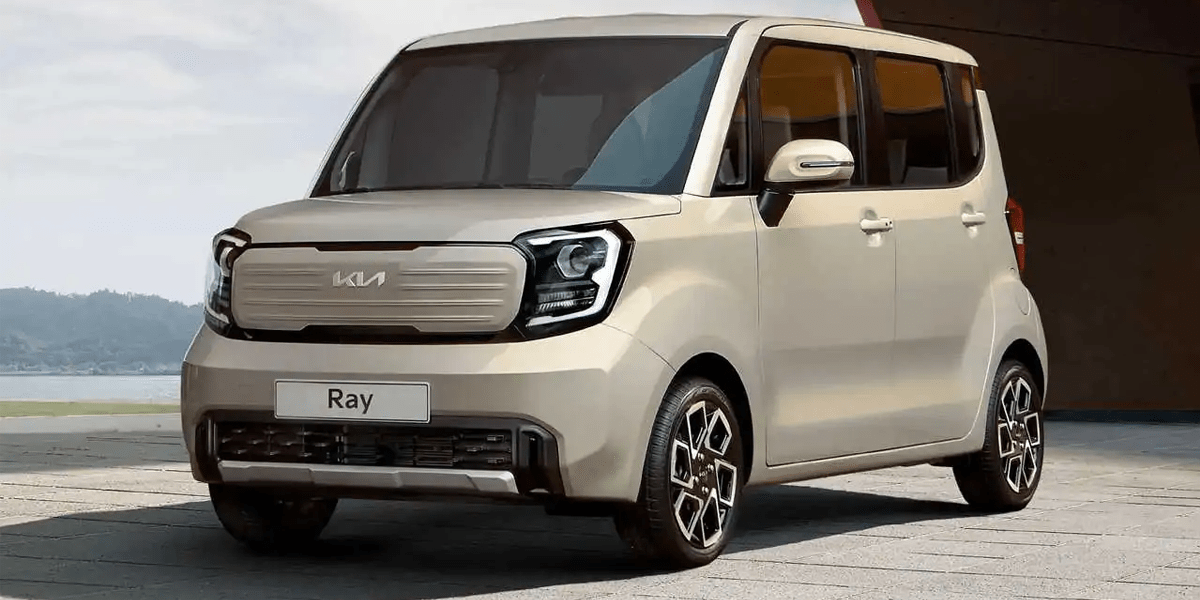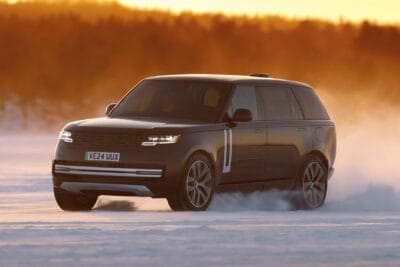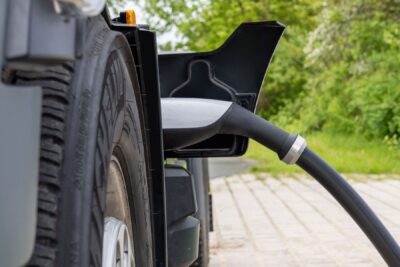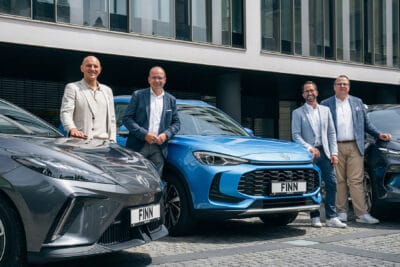Hyundai may launch EV with LFP cells from CATL
Korean carmaker Hyundai will likely launch its first electric model with lithium iron phosphate (LFP) batteries this year. Additionally, Kia has announced that the second-generation Kia Ray EV minivan will use LFP batteries made by CATL.
According to The Elec, Hyundai will use the cell-to-pack technology, which CATL had already licensed to Hyundai Mobis in 2021. The Ray EV is sold primarily in South Korea. If the information turns out to be correct, it would be the first car from the Hyundai Motor Group worldwide to use LFP cells.
With the cell-to-pack technology, the cells are integrated directly into the battery pack instead of being installed in modules, which are then combined to form the battery pack. That should partially compensate for the disadvantage of LFP cells (the lower energy density than NCM cells). Therefore, the advantages of LFP cells, such as lower price and robustness, can be exploited. The vehicle range is not a priority for the Ray EV, as it was designed as a city car driving limited daily miles.
The technical specifications of the upcoming Kia Ray EV, which will be unveiled later this year, is not yet known: neither regarding the battery nor the rest of the vehicle.
The second-generation Kia Ray EV will use BorgWarner’s 400-volt powertrain, for which Hyundai placed orders in June 2021 and August 2022. The first generation of the angularly designed electric minivan came out in 2012.
Last summer, there were reports that Hyundai was working on two electric minivans for under 20,000 euros to be offered on the European market, for example, as a replacement for the Hyundai i10 combustion model. However, whether this will be the Ray EV (or a variant under the Hyundai branding) is not known.





0 Comments